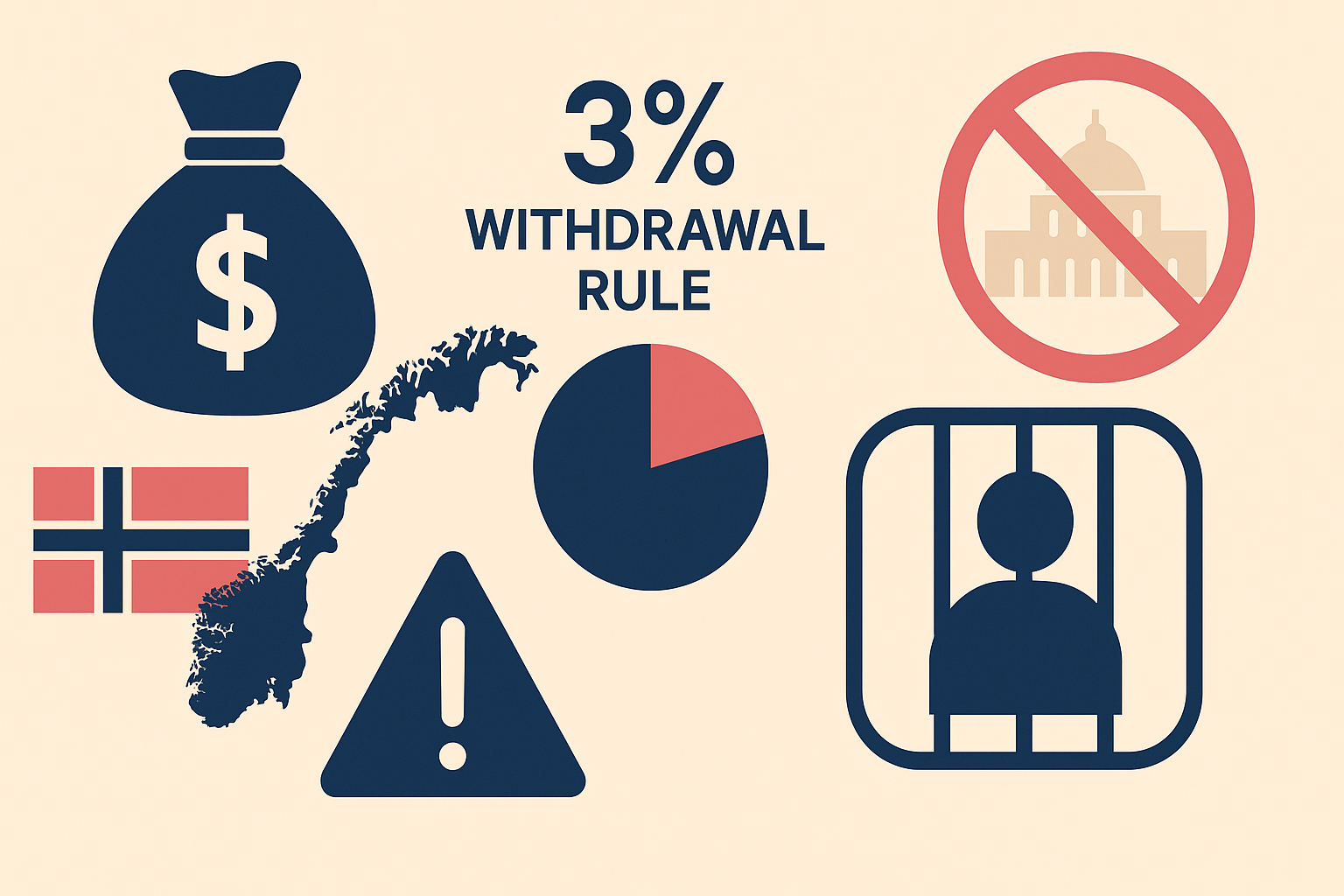France has formally summoned US ambassador Charles Kushner after he accused President Emmanuel Macron of failing to adequately confront rising antisemitism and criticised France’s pledge to recognise a Palestinian state.
Kushner’s Letter and Criticism
In a letter to Macron, Kushner expressed “deep concern over the dramatic rise of antisemitism in France and the lack of sufficient action” by the French government. He linked antisemitism to anti-Zionism, writing: “In today’s world, anti-Zionism is antisemitism — plain and simple.”
Kushner, father-in-law to Jared Kushner, son-in-law of former US president Donald Trump, also condemned Macron’s announcement in July that France would recognise Palestinian statehood, warning that such moves “embolden extremists, fuel violence and endanger Jewish life in France.”
He added: “Not a day passes without Jews assaulted in the street, synagogues or schools defaced, or Jewish-owned businesses vandalised.”
Kushner urged Macron to enforce hate-crime laws strictly, strengthen protection for Jewish institutions, prosecute offenders fully, and abandon steps that he argued legitimised Hamas and its allies.
French Response
The French foreign ministry rejected the accusations, calling them “unfounded” and stressing that Kushner should not interfere in France’s internal affairs. It confirmed he would be summoned to the Quai d’Orsay on Monday.
Laurent Saint-Martin, France’s junior minister for trade, told TF1 television that France and its president “have no lessons to learn on the fight against antisemitism,” and described Kushner’s remarks as “wrong and unacceptable.”
Wider Diplomatic Tensions
The dispute highlights deeper divisions between France and the US over Israel’s offensive in Gaza. France has been at the forefront of European efforts to recognise Palestinian statehood ahead of the UN General Assembly in September, becoming the first G7 nation to make such a pledge. Canada and the UK have since followed.
In contrast, Washington remains strongly aligned with Israel. Kushner’s intervention, his first major move since becoming ambassador in May, underscores the strain between Paris and Washington at a sensitive diplomatic moment.
Rising Antisemitism and Gaza Crisis
France is home to Europe’s largest Jewish community, as well as a significant Muslim population, making the issue especially sensitive. According to Crif, the umbrella organisation of French Jewish associations, antisemitic incidents surged to 1,676 in 2023 and 1,570 in 2024, up sharply from 436 in 2022.
At the same time, European public opinion has grown increasingly critical of Israel amid the worsening humanitarian crisis in Gaza. A UN-backed panel declared famine in Gaza on Friday, calling it “entirely man-made” as Israel continued its offensive and restricted humanitarian aid.
Looking Ahead
With parliamentary elections approaching in Norway and the UN General Assembly debate on Palestine looming, the Franco-American diplomatic spat reflects the broader international divide over Israel, Gaza, and the handling of antisemitism in Europe.








